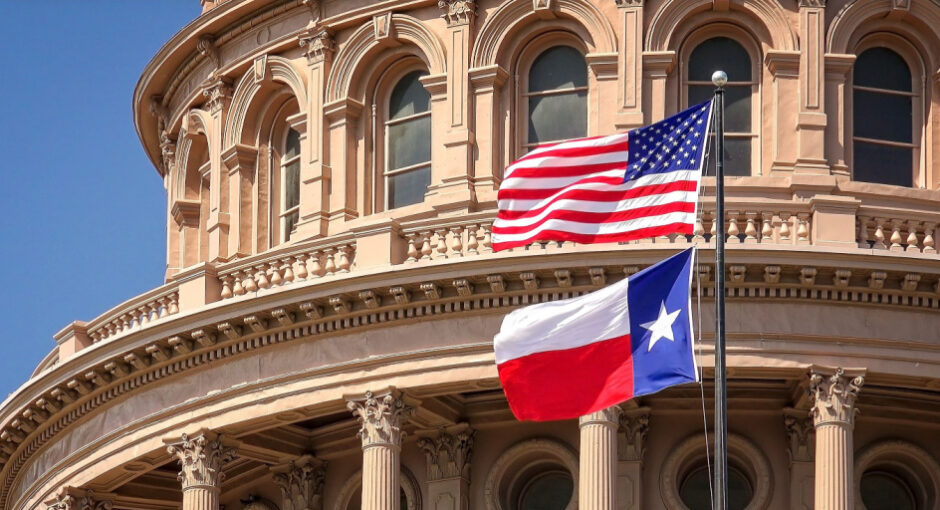A bill has been introduced in Texas to stop Medicaid managed care organizations and their pharmacy benefit managers from reimbursing pharmacies for 340B-acquired drugs at less than what Texas Medicaid pays for the same 340B drugs.
Texas House Bill 1293 was referred to the House Human Services Committee on March 3. Committee Vice Chair Toni Rose (D) is its sponsor. A hearing has not been scheduled yet.
The bill says a Medicaid MCO or PBM working for one shall reimburse a pharmacy, including a Texas retail or specialty pharmacy, that dispenses a drug obtained through 340B for not less than the reimbursement amount and dispensing fee for the drug under the Texas Vendor Drug Program. The VDP manages the state fee for service Medicaid and Children’s Health Insurance Program drug formularies.
According to the VDP pharmacy provider manual’s 340B pharmacy reimbursement page, for Medicaid FFS, the state pays wholesale acquisition cost minus 57% for 340B-obtained brands and generics, WAC minus 32% for 340B hemophilia products, and WAC minus 40% for HIV products. The same page says that since December 2014, MCOs have been able to create their own 340B reimbursement methodologies.
HB 1293 also would require a study at least every two years of pharmacies’ dispensing costs for 340B-priced drugs, as well as dispensing costs incurred by retail and specialty pharmacies. Based on the study’s results, the minimum amount of the dispensing fee can be adjusted, the bill said.
Other states this year with legislation addressing discriminatory PBM practices involving the 340B program include Connecticut, Iowa, Mississippi, Missouri, Montana, New Mexico, Oregon, and Rhode Island.


